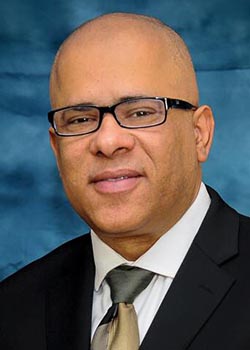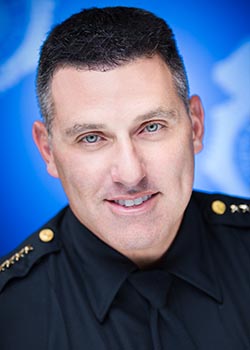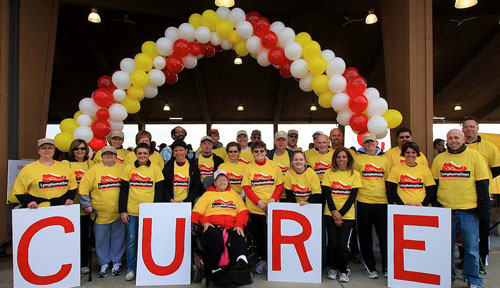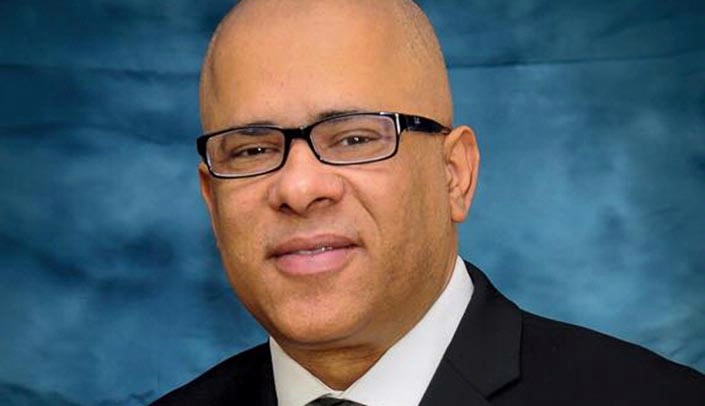 |  |
Tio Hardiman | Todd Schmaderer |
UNMC’s Center for Reducing Health Disparities in the College of Public Health will host a free and open to the public symposium that will be held from 9:30 a.m. to 4 p.m. at Kaneko, 1111 Jones St.
 |
Samuel Walker, Ph.D. |
“Violence is an important public health issue, with known risk factors and effective intervention strategies,” said Dejun Su, PhD., director of the Center. “There is a huge concern for safety in the neighborhoods, especially neighborhoods in high-crime areas in Omaha. More social, economic, psychological, and medical services are needed to help victims and families. We must address these issues aggressively.”
The symposium will feature the keynote speakers in the morning, followed by a lunch provided by the Center. A community panel discussion in the afternoon will conclude with recommendations from the audience on how to move forward.
Space is limited to 150 people. For participation, call 402-559-9660, or online RSVP is required by Tuesday.
Parking will be validated at the event.
About the speakers
The three morning keynote speakers and their presentations are:
- Tio Hardiman -“Violence Interruption Stories and Solutions to Reducing Violence.” Hardiman, executive director for Violence Interrupters, NFP and adjunct professor in Criminal Justice, has dedicated his life and career to community organizing for peace and social change. In 1999, Mr.Hardiman, also known as ‘Mr. Cease Fire,’ joined CeaseFire, an award-winning public health model that has been scientifically proven to reduce shootings and killings. In 2004, Hardiman created the Violence Interrupters Initiative.
- Omaha Police Chief Todd Schmaderer – “Omaha – Present/Past/Future Violent Crime.”
Schmaderer was appointed the 32nd police chief for Omaha in August 2012. Chief Schmaderer leads the largest law enforcement agency in the State of Nebraska, which is comprised of 860 sworn officers and 200 non-sworn personnel. He manages an operating budget of $140 million, and serves a population of 460,000 residents in the city limits. A 21-year-veteran of the Omaha Police Department and dedicated police professional, Chief Schmaderer serves on the boards of the Nebraska Crime Commission, Omaha Police Foundation and the Boys and Girls Clubs of the Midlands. - Samuel Walker, Ph.D. – “Actually, Effective Strategies Do Exist: Police Responses to Community Violence.”
Samuel Walker is emeritus professor of Criminal Justice at the University of Nebraska at Omaha and is a nationally recognized expert on police accountability. Specific areas of expertise include citizen oversight of the police, early intervention systems to identify problem officers, federal pattern and practice litigation and mediating citizen complaints. He also is an expert on the history of civil liberties, with books on the history of the ACLU and the controversy over hate speech. Walker is perhaps best known for his work on police accountability, including two books and two reports on “Driving While Female.”
The community panel will be moderated by Eric Meyer, a former police officer who is working on his Ph.D. in public health.
Panelists include:
- Cecelia Creighton, YouTurn Omaha
- Ryan Mahr, Nebraska Corrections Youth Facility
- Teela Mickles, Compassion in Action, Inc.
- Servando Perales, South Omaha Violence Prevention Board
- Tom Warren, Omaha Urban League
